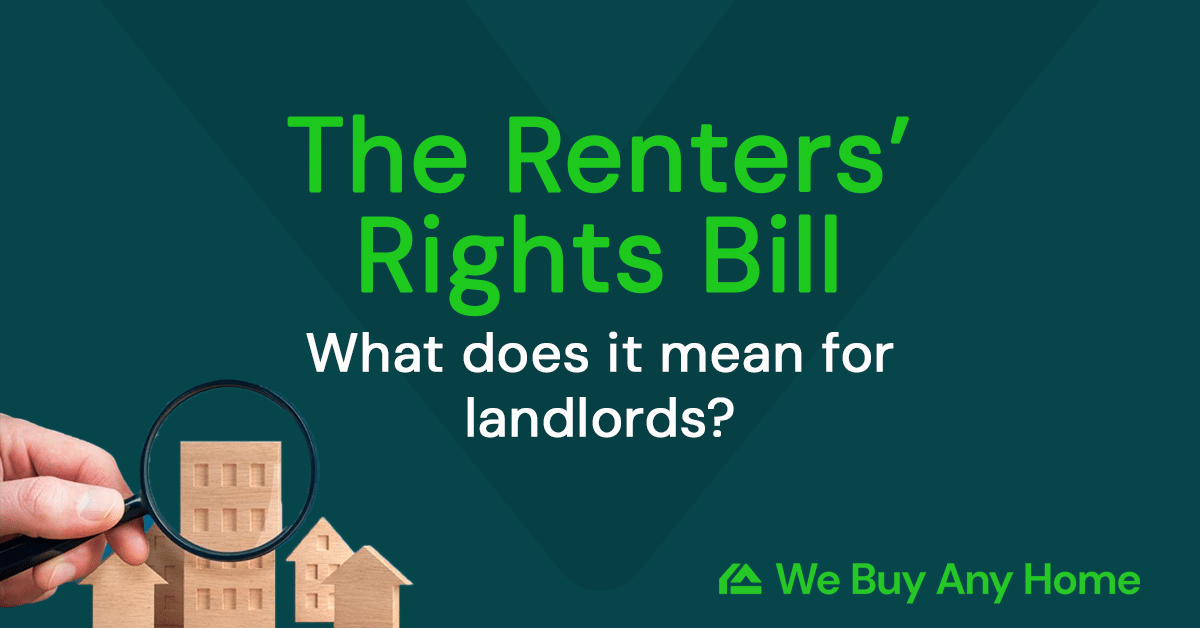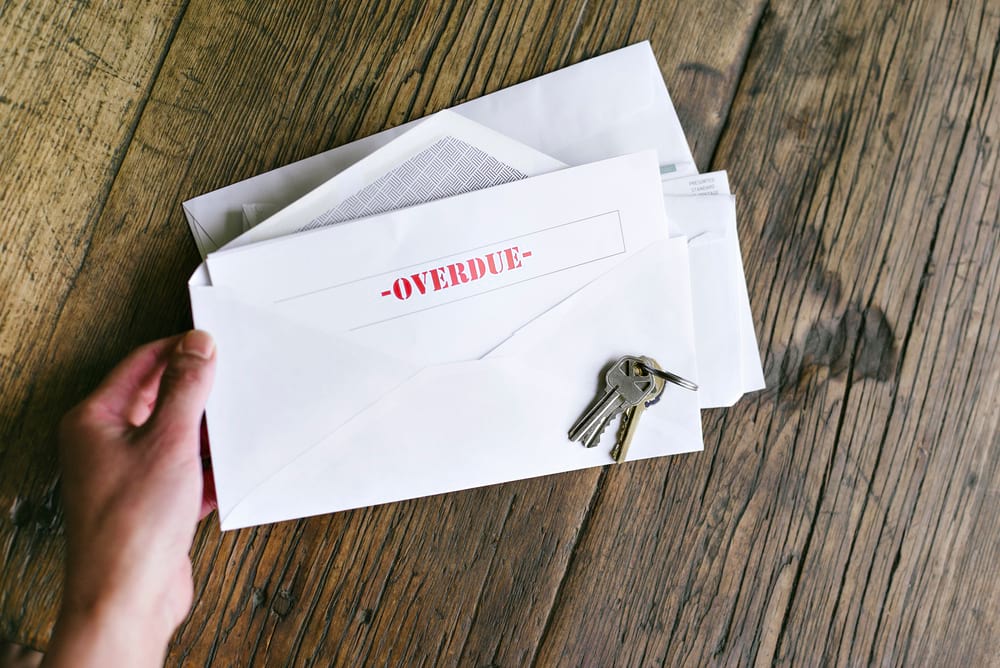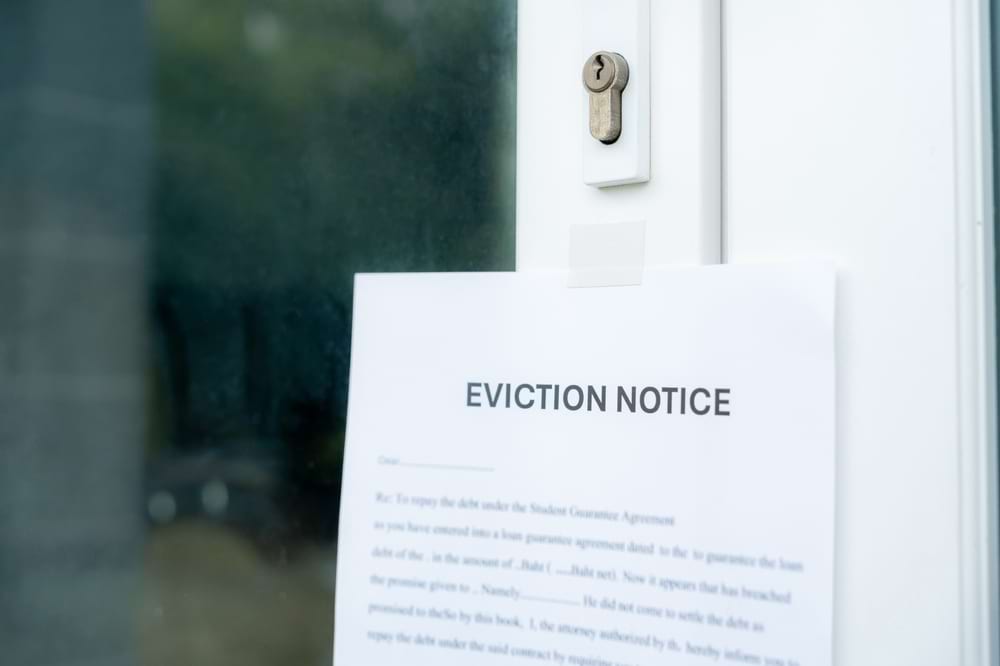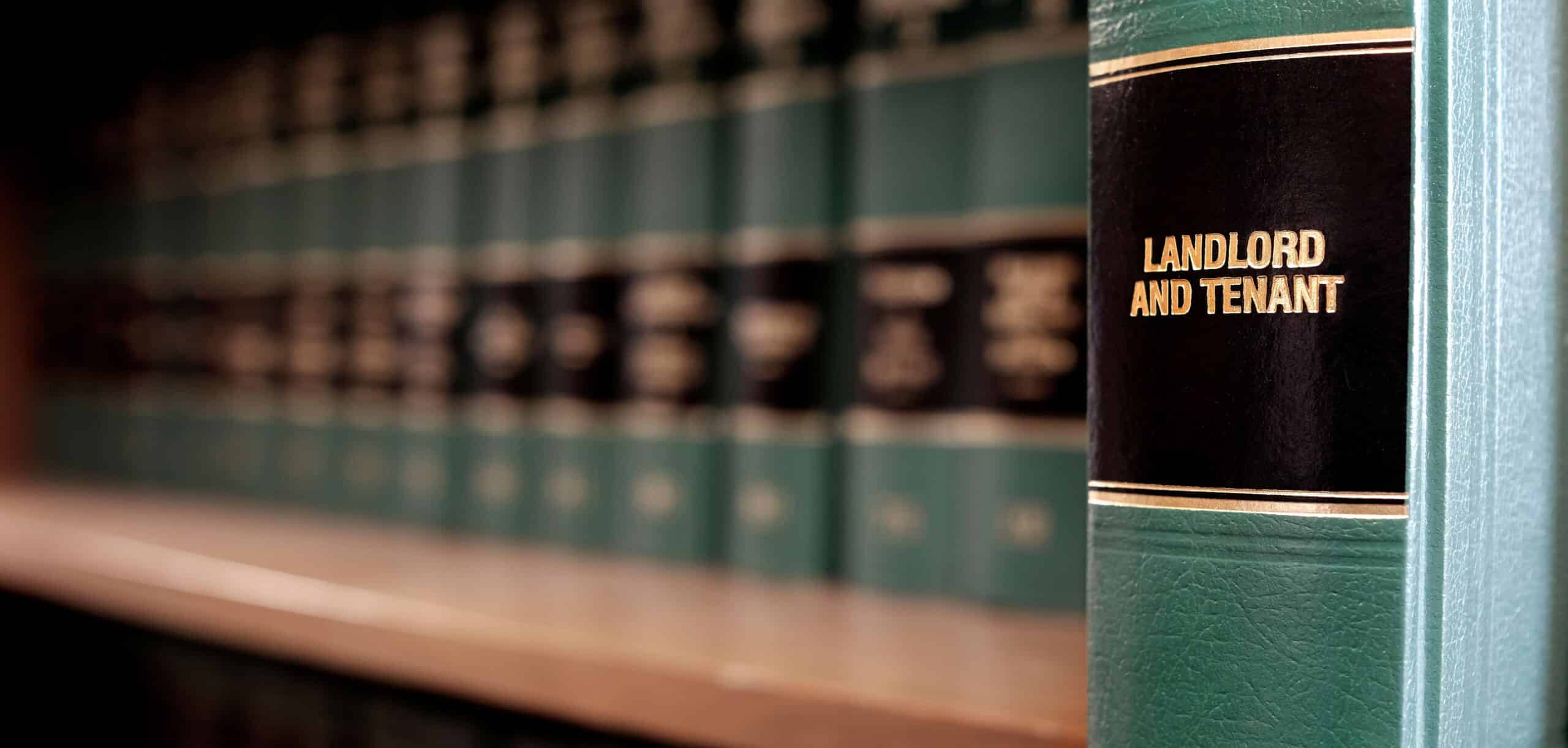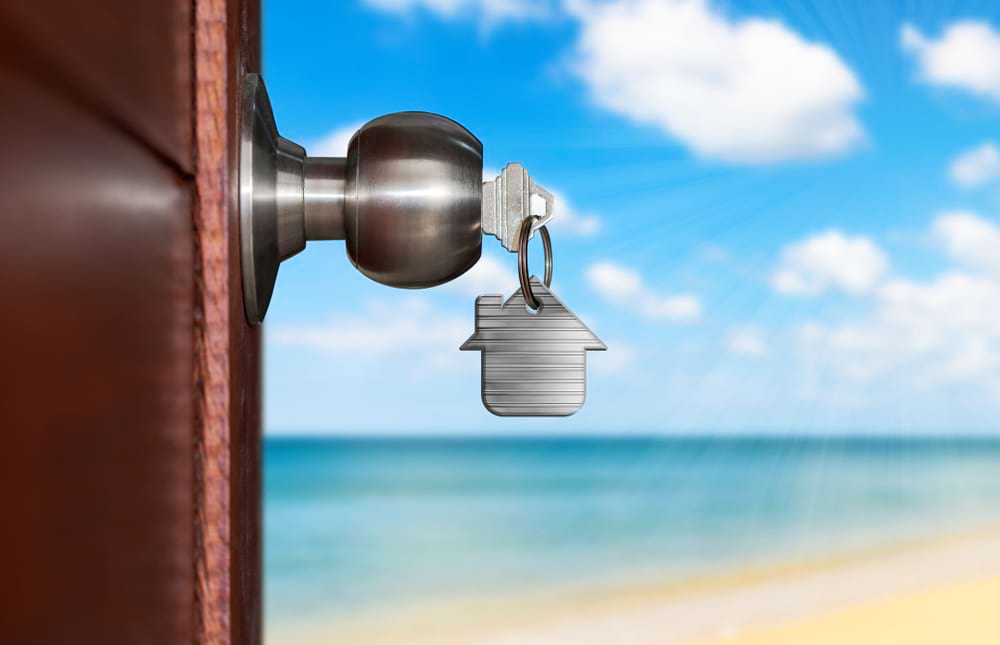You have an empty home, so surely you don’t need to pay council tax?
It’s a question that all landlords must deal with at some point.
Here, we’ll answer this question while also taking a closer look at council tax, who pays it, and who you’ll need to contact.
Council tax
Council tax is a local tax paid to fund the services provided by the council.
Every property in the council’s area must pay council tax unless it falls under a narrow list of exemptions.
The services that it covers include:
- Police
- Fire brigade
- Libraries
- Rubbish collection
- Road maintenance
- Social services
And much more.
When landlords are accountable for council tax
As a general rule, if a property is rented out the tenant will be responsible for the council tax, the landlord will not need to pay it.
However, there are some exceptions to this rule.
If a property is unoccupied
If a property is unoccupied, the landlord may be responsible for paying the council tax.
This could be the case if a property is undergoing repairs, for example. Or if there is no tenant in place.
In some cases, the landlord may be eligible for a discount or exemption on the council tax, but this will depend on the local council and the circumstances of the property.
HMOs
A houses in multiple occupation (HMO) is a property that is rented out to multiple seperate tenants, i.e., who are not part of the same household.
Landlords who run HMOs may be responsible for paying the council tax.
In these cases, the landlord will receive a bill for the council tax and will need to collect the appropriate amount from their tenants.
Why landlords have to pay council tax when a property is empty
Landlords almost always must pay council tax when a property is empty.
There are some rare exemptions and ways to get a percentage off your bill.
If your property is unfurnished and has been left vacant for a long time (usually more than two years), you may be required to pay a surcharge for your council tax.
The length of time and the extra charges for this surcharge will depend on which local council it falls under.
Exemptions from council tax
Tenants still under contract
One possible exception is if your tenants are still under contract to live in your property (even if they have vacated it).
In this scenario, they are still liable for paying the council tax. However, you will be liable if they have been evicted or the tenancy has expired.
Unlivable properties
Properties are not exempt from council tax because they are are empty. However, one possible exemption applicable for landlords is that council tax doesn’t need to be paid on an unlivable property.
A council will deem a property unlivable when it is derelict and needs serious structural repair.
This can include when extensive renovations to a property that make it unlivable.
Prison
Prisoners don’t need to pay council tax on their homes if they are the sole occupants of it.
If they were living with someone, then their partner would receive a discount on their tax.
Death of owner
If you’ve very recently acquired property through inheritance, you won’t be liable for council tax until at least probate.
Many councils will offer six months’ grace after probate if the property stays unoccupied.
Hospital or care home
If the occupants of the property are no longer capable of living there due to ill health, then no council tax will be due.
(Of course, if someone else occupied this property, they would be liable.)
The same applies if the property owner has left to care for someone else.
Disabilities
People with severe disabilities, both physical and mental, are also exempt from council tax.
Other
Religious leaders, foster carers, apprenticeships, and religious leaders are also exempt from council tax.
Each council will have its own list of exemptions and discounts. Someone exempt in one area may not be exempt in another.
Contacting your local Council
It’s hard for us to give you exact advice on exemptions and discounts, as these rules change from one council to the next.
There are no national laws regarding when exemptions can be given for council tax.
Due to this, it can be a good idea to contact your local council. They can give more exact rules, and you can ask them if you can save money on your council tax bill.
However, it’s unlikely that they’ll be accommodating in terms of exemptions and discounts. They will also advise on rules in that area.
For example, many will apply a 25% surcharge to a property that has been empty for more than two years. This can often rise to 100% if it’s been empty for more than ten years.
This is an example of the importance of getting clarity from your council. Most councils also have all this information on their website.
Sell your property with We Buy Any Home
If you need help selling a tenanted property, We Buy Any Home can help. We can purchase your property up-front and quickly and manage the process for you from start to finish.
Using our own funds, we will purchase your property at a set price by a date of your choosing and fully manage it from beginning to end.
Fill in our enquiry form below if you are interested in getting a cash offer for your house.
